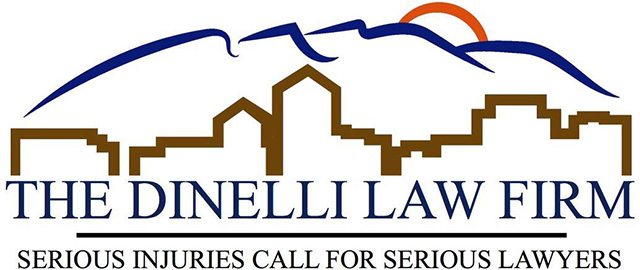When we think of the risks of driving, we think of driving under the influence or distracted driving—but no one thinks of the dangers of driving drowsy. Did you know that the effects of being drowsy or fatigued can be just as detrimental while driving as being under the influence of either drugs or alcohol? The National Safety Council states that “Driving after going more than 20 hours without sleep is the equivalent of driving with a blood-alcohol concentration of 0.08% – the U.S. legal limit.” While there can be a correlation between driving drowsy and driving drunk, according to the CDC, about half of U.S. adult drivers admit to consistently getting behind the wheel while feeling drowsy, and about 20% admit to falling asleep behind the wheel at some point in the past year. With statistics this alarming, it’s important to familiarize yourself with the dangers and signs of driving drowsy and learn how to prevent it in order to avoid getting involved in a serious car accident.
The Costs of Drowsy Driving
Drowsiness and fatigue can have a drastic effect on your cognition, performance, health, and safety while driving. Fatigue can come after a late night out with friends, a graveyard shift, long road trips, a new baby or puppy, a sleeping disorder, or just after consistently not getting enough sleep throughout the night. All of these situations can have an impact on your ability to drive, leading to nodding off, delayed reaction times, drifting from your lane, missing your exit, and even micro-sleep. As stated by the NSC, “micro-sleep” is a short, involuntary burst of inattention, and just four to five seconds of it can result in your vehicle traveling the length of a football field at highway speeds—which makes you three-times more likely that you’ll be in a car wreck.
So who’s most likely to be involved in a serious auto accident due to drowsy driving? According to the CDC, you may want to be more cautious if you’re among one of these listed:
- Graveyard shift workers or those who work long hours
- Drivers with untreated sleeping disorders such as sleep apnea or narcolepsy
- Teens that don’t get enough sleep, as their bodies are demanding more at this age
- Drivers that take medications that cause drowsiness
- Commercial drivers who operate vehicles such as tow trucks, semi-trucks, and buses.
- Drivers who aren’t getting seven to eight hours of sleep a night
Prevention & How Albuquerque Accident Lawyers Can Help
The National Highway Traffic Safety Administration (NHTSA) reported in 2017 that drowsy driving claimed 795 lives—which is far too many innocent lives when falling asleep at the wheel is 100% preventable. It’s important to educate yourself on the signs of driving drowsy so that you can make accommodations before deciding to drive (or drive any further), such as asking a friend to drive you, requesting a rideshare service, driving at more appropriate times of the day, or pulling over when you don’t feel comfortable enough to drive safely. It is important to be rested enough before driving so that you aren’t putting yourself or others in harm’s way.
If you or a loved one are ever harmed or involved in an accident due to drowsy driving, don’t hesitate to call the Albuquerque car accident attorneys at The Dinelli Law Firm to get the peace of mind and compensation you deserve today!(505) 582-2157
